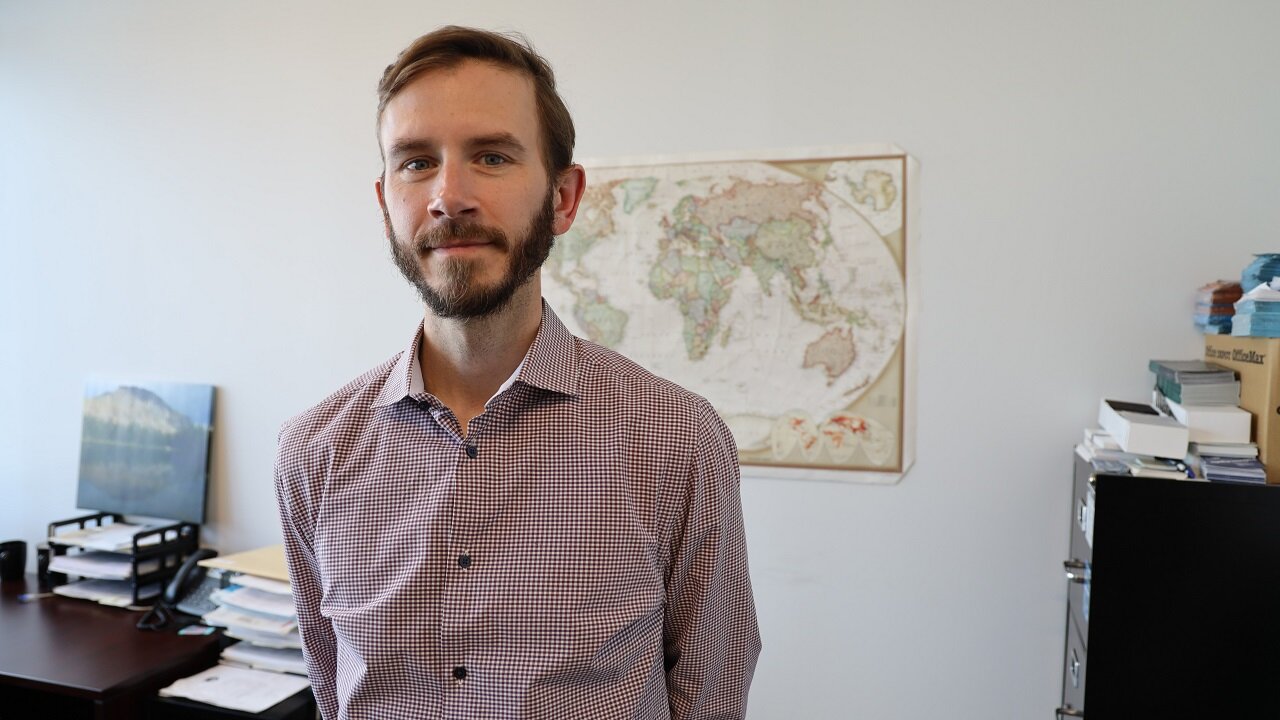Immigration attorneys working to help as many as possible with little resources

WESTMINSTER, Colo. — As Central American migrants continue pouring into Colorado and Gov. Jared Polis is working to limit their stays, attorneys and advocates around the state are asking themselves the same question: how do we help those who cannot afford the United States legal system?
Emily Brock, deputy managing attorney for the children’s program at Rocky Mountain Immigration Advocacy Network, a Westminster-based nonprofit that serves low-income immigrants going through court proceedings, said nearly 64% of migrants in the Denver Immigration Court do not have legal counsel. Those with attorneys are five times more likely to win their cases, but the government does not mandate public defenders for migrants seeking asylum in the way it does those charged with crimes navigating the court system.
“That’s what’s the most striking. The majority of people are not represented, and it is clear that people are much more likely to win their case if they’re represented by counsel,” Brock said. “Since we don't have the resources to represent every single individual, our role is to make sure that they don't feel alone in this process and to provide as much information as we possibly can, so they can proceed on their own or they are empowered to hire a counsel.”

Conor Gleason, senior staff attorney with RMIAN representing those in the detention program, said the clients he sees face brutal treatment from their journeys leaving home to the time they reach a U.S. border. Immigrations and Customs Enforcement officers have discretion to detain those seeking asylum whenever they see fit — regardless of whether the asylum seeker has committed a crime beside being in the country without documentation.
"The reasoning why ICE decides to detain some people over others sometimes can be arbitrary,” Gleason said. “I think the entire process is inhumane.”
Gleason said some of his clients have arrived at border stations with family members who’ve been allowed to enter the country free from custody, while one member of the family is detained and kept in a jail cell until their court appearances. The detained migrant is treated no differently than any other inmate: wearing an orange jumpsuit and not allowed to leave the facility.
Weeks ago, Polis announced he would begin bussing migrants to Chicago and New York City. But on Monday, mayors of those two cities wrote him a letter urging him to halt the practice and instead work together to pressure the federal government into action.
Because it is impossible to provide representation for every asylum seeker, Brock said the nonprofit focuses on comforting parents and children as they navigate a confusing process, often shortly after escaping an oppressive government and embarking on a perilous journey into the United States.
“We strive to have the basic information provided to people and to just be those people who show up at the courts or the detention center basically saying ‘I'm here to help you,” Brock said. “We’re there to just say ‘take a deep breath, I’m listening, this is how you can proceed and pursue safety here in the U.S.’”
Alison Berg is a multimedia journalist at Rocky Mountain PBS. You can reach her at alisonberg@rmpbs.org.
Jeremy Moore is a senior multimedia journalist at Rocky Mountain PBS. You can reach him at jeremymoore@rmpbs.org.